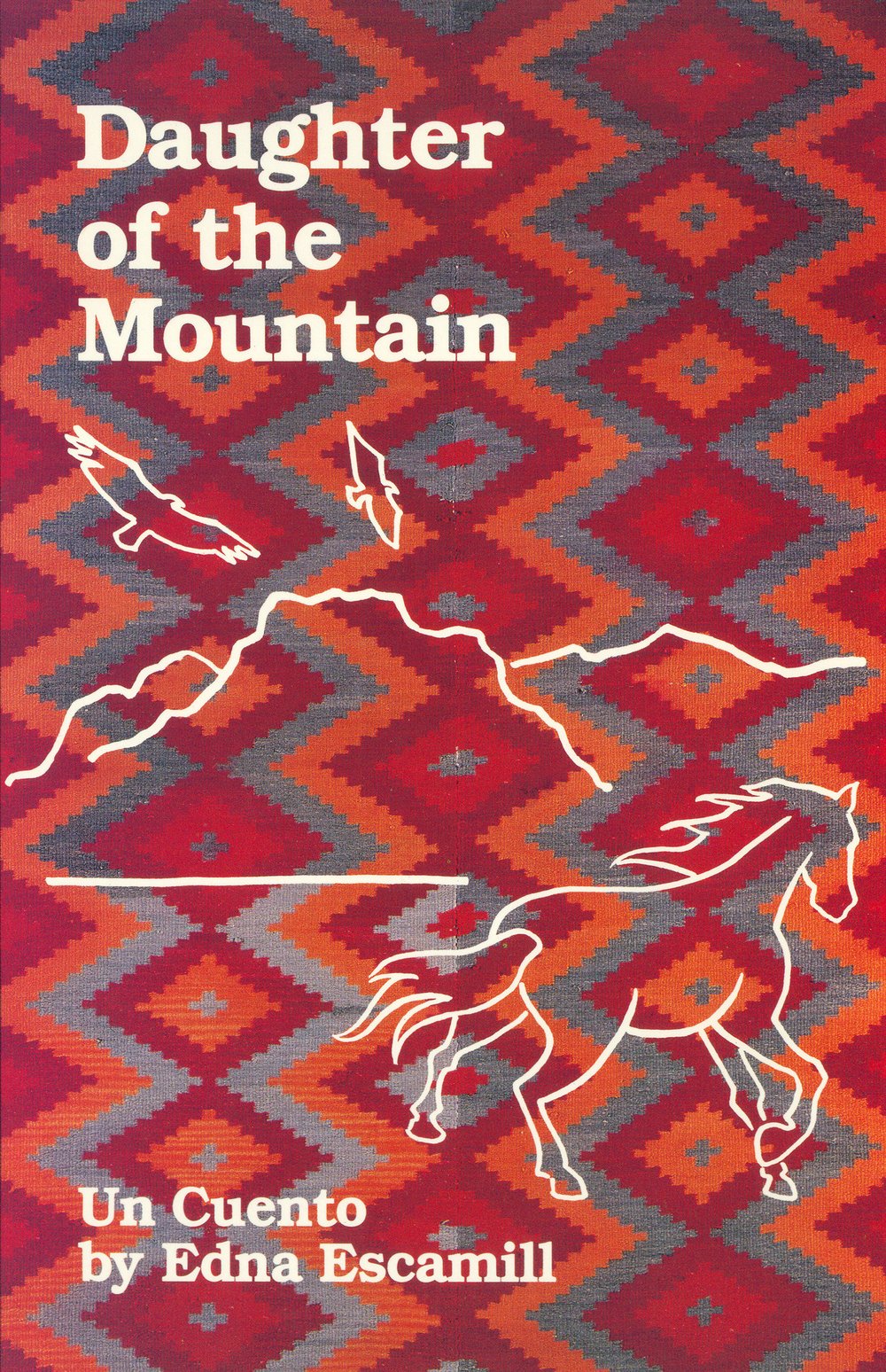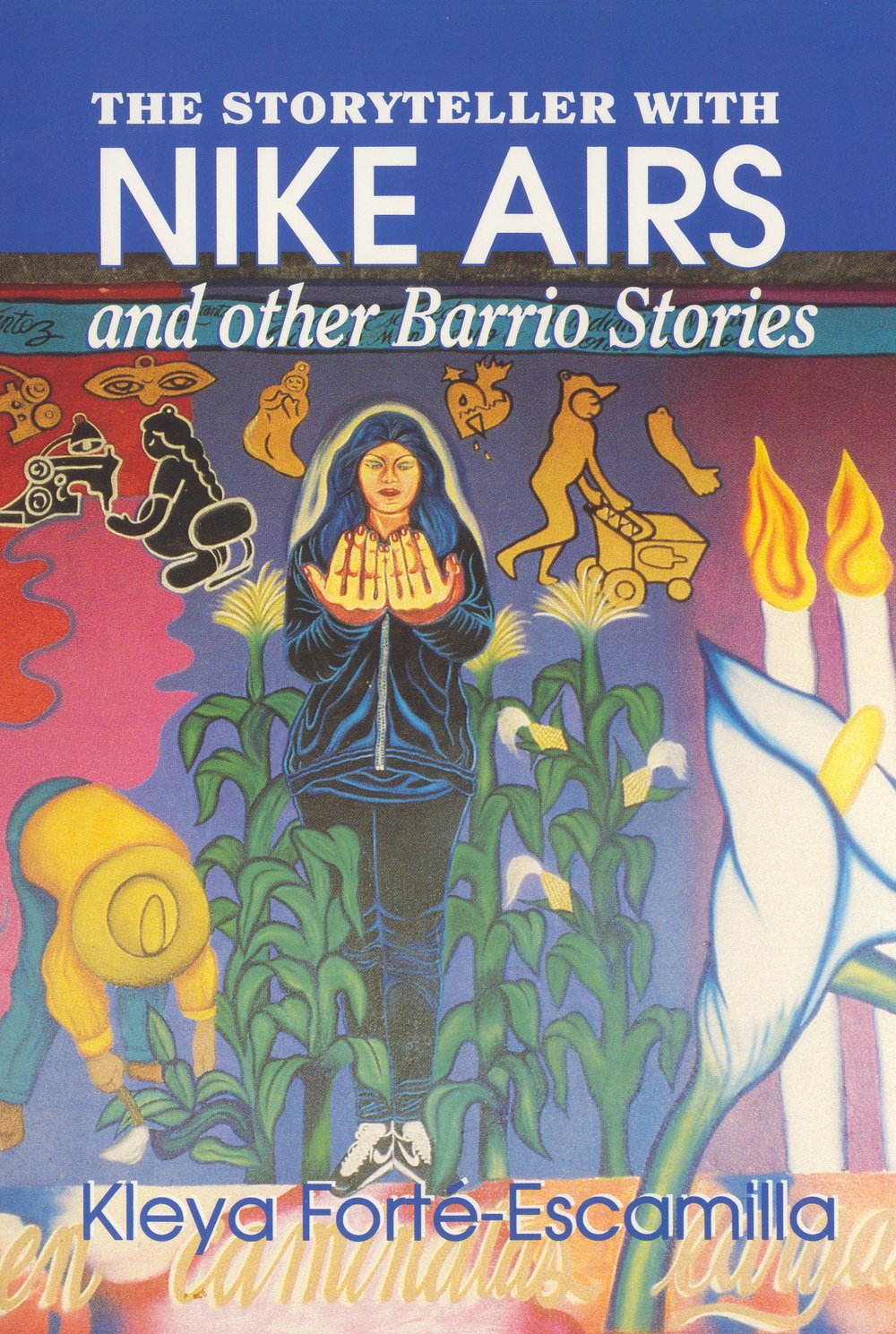Daughter of the Mountain

Resisting the onslaught of gringos coming to live in their southwestern border town, Bale and Maggie develop a friendship based on their common struggle. But they differ in their future possibilities: his is closed by poverty and family tragedy; hers is opened by her relationship with her Yaqui Indian grandmother, Adela Sewa. Maggie's grandmother teaches her the ways of the land and her own form of spirituality as tools for survival. Her stories, or cuentos, reach back into the nineteenth century, illuminating a way of life that has disappeared, but which can still provide hope and continuity to a displaced people.
Edna Escamill has…wrought a landmark book that will stand beyond its decade. The future gestates in these pages. The present is here in passionate immediacy. It is one of the great books of "place"—poor town, desert, mountain—recreated so vividly, every memory-sense alive. Its people…are written differently with such complexity, fullness of dimension, they become unforgettable…a book absolutely necessary to our growing national vision. — Tillie Olsen

Kleya Forté-Escamilla was born in Calexico, California, and grew up in southwestern Arizona and in Baja California, Mexico. “I have traveled past the crossroads y mis zapatos todavía tienen mucha suela (and my shoes still have a lot of leather)!” She has a B.A. in Art, another in French/Philosophy, and an M.A. in Creative Writing. Forté-Escamilla has written two novels, Daughter of the Mountain (written under the name Edna Escamill, and also published by Aunt Lute Books), and Mada: An Erotic Novel (Sister Vision, 1994). She also has a collection of short stories, The Storyteller with Nike Airs and Other Barrio Stories (Aunt Lute Books, 1994). Her work has appeared in journals and several anthologies for fiction. She received the Astraea Foundation Award for excellence in Lesbian and Gay Literature in 1993.

